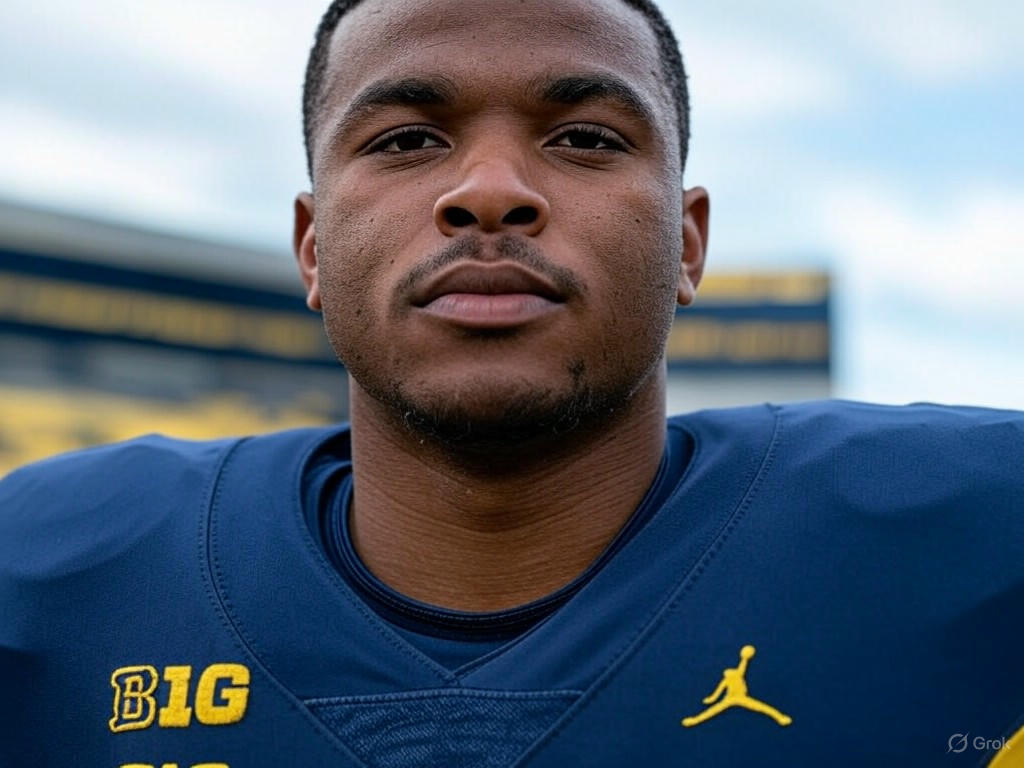Behind Closed Doors: Unpacking Michigan Football’s NCAA Hearing Drama
The world of college football is no stranger to controversy, and Michigan Football’s recent hearing with the NCAA’s Committee on Infractions has only added fuel to the fire. While the exact details of what transpired over the weekend remain shrouded in mystery, whispers and speculation have painted a picture of a tense showdown between the Wolverines and the governing body of college sports. Fans and analysts alike are buzzing with theories about the nature of the allegations, the strength of the evidence, and whether the NCAA’s approach to enforcement is even-handed or riddled with contradictions.
At the heart of the matter appears to be a clash of principles. Michigan, a storied program with a legacy of grit and glory, has found itself under the NCAA’s microscope for reasons that remain unclear to the public. Some speculate that the allegations center on recruiting violations or improper benefits, issues that have plagued other programs in recent years. Others suggest the case might involve more nuanced rule interpretations, the kind that often leave fans scratching their heads over the NCAA’s labyrinthine regulations. What’s clear, however, is that the hearing was anything but a casual chat. Reports suggest a battle of wits unfolded, with Michigan’s representatives staunchly defending their program while the NCAA pushed to assert its authority.
Critics of the NCAA have long pointed out what they see as hypocrisy in how the organization handles its investigations. On one hand, the committee is tasked with upholding the integrity of college sports, often cracking down on programs with penalties that can range from fines to postseason bans. On the other, the NCAA itself faces accusations of inconsistent rulings and prioritizing revenue over fairness. In Michigan’s case, sources close to the situation have hinted at flimsy evidence being presented, raising questions about whether the committee is more focused on making an example out of a high-profile program than delivering justice. If true, this could further erode trust in an organization already grappling with an identity crisis amid the rise of Name, Image, and Likeness (NIL) deals and conference realignments.
As the dust settles, the Michigan faithful are left waiting for answers. Will the Wolverines face sanctions, or will they emerge unscathed from this latest skirmish? The lack of transparency in the process only heightens the frustration, leaving fans to piece together rumors and half-truths. What’s undeniable is the passion that surrounds this program—a passion that will fuel debates long after the NCAA’s gavel falls. For now, the hearing serves as a reminder of the high stakes in college football, where every decision, on and off the field, is scrutinized under a magnifying glass. Whether Michigan’s legacy takes a hit or remains untarnished, one thing is certain: the saga is far from over, and the sport’s governing body must confront its own shortcomings if it hopes to maintain credibility in an ever-evolving landscape.


